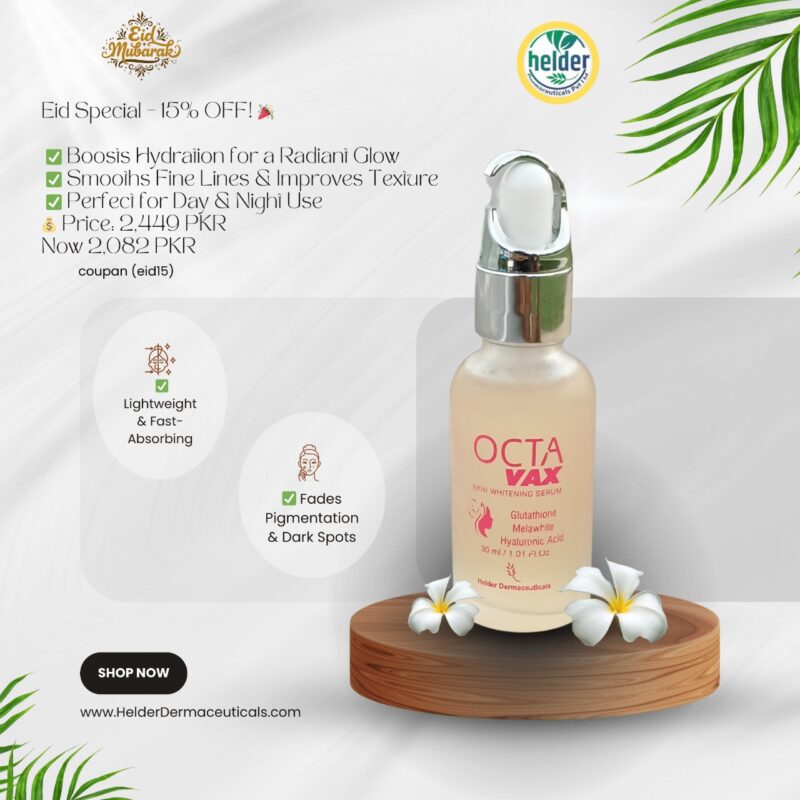In a world increasingly aware of its environmental footprint, the choices we make as consumers hold more weight than ever before. This awareness extends beyond just the food we eat or the clothes we wear; it’s now deeply rooted in our daily routines, especially when it comes to beauty. The concept of “sustainable beauty” has emerged as a powerful force, and at its heart lies a simple yet profound truth: choosing natural skin care is not just good for us, but it’s fundamentally good for our planet.
For generations, the beauty industry has been a complex web of chemicals, elaborate packaging, and often, unsustainable practices. But as our understanding of ecology deepens, so too does our desire for alternatives. This is where natural skin care truly shines. It’s about more than just what goes on our skin; it’s about a holistic approach that considers the entire life cycle of a product, from its ingredients to its disposal.
The Power of Pure Ingredients: Less Harm, More Good
One of the most significant ways natural skin care contributes to a healthier planet is through its ingredient sourcing. Traditional skincare often relies on synthetic chemicals, petrochemicals, and artificial fragrances. The production of these ingredients can be resource-intensive, requiring significant energy and often leading to pollution during manufacturing. Furthermore, many of these synthetic compounds are non-biodegradable, meaning they persist in the environment long after they’ve been washed down our drains.
Think about microplastics, for instance. These tiny plastic beads, once common in exfoliating scrubs, were designed to be rinsed away. However, they were too small to be filtered by water treatment plants and ended up polluting our oceans, harming marine life that mistook them for food. The shift towards natural skin care has largely eliminated such harmful practices, favoring gentle exfoliants like ground oats, fruit enzymes, or finely milled seeds, all of which biodegrade safely.
Natural skin care, by contrast, prioritizes ingredients derived directly from nature: plants, minerals, and other naturally occurring substances. This means fewer harsh chemicals being produced, fewer pollutants entering our waterways, and a gentler impact on the Earth’s ecosystems. When you choose a product made with organic aloe vera, shea butter, or essential oils, you’re not just nourishing your natural skin; you’re supporting farming practices that are often more sustainable, less reliant on chemical pesticides and fertilizers, and better for soil health.

Packaging with Purpose: Reducing Waste, Embracing Circularity
Beyond the ingredients themselves, the packaging of beauty products has long been a major environmental concern. The mountains of plastic bottles, jars, and tubes that accumulate in landfills each year are a stark reminder of our consumption habits. The good news is that the natural skin care movement is at the forefront of driving innovation in sustainable packaging.
Many brands dedicated to natural skin care are moving away from virgin plastics and embracing alternatives like recycled content, glass, aluminum, and even compostable materials. Glass and aluminum are highly recyclable and can be reused countless times without losing their integrity. Some brands are offering refill programs, encouraging consumers to purchase a durable primary container and then replenish it with product refills, drastically reducing single-use plastic.
Water Conservation: A Precious Resource Protected
Water is a finite and increasingly precious resource. The production of many conventional beauty products can be incredibly water-intensive, from the cultivation of certain raw materials to the manufacturing processes themselves. Some synthetic ingredients require significant amounts of water for their creation and subsequent rinsing.
Natural skin care often incorporates water-saving practices. For example, some formulations are highly concentrated, meaning a little goes a long way, reducing the need for excess water in the product itself and during application. Furthermore, the focus on naturally derived ingredients sometimes means less intensive processing that uses less water. Brands committed to sustainable natural skin care are also increasingly looking at their water consumption throughout their supply chain, implementing measures to reduce, reuse, and recycle water wherever possible. This mindful approach to water usage ensures that our beauty routines don’t contribute to water scarcity, benefiting communities and ecosystems globally.

Ethical Sourcing and Biodiversity: Nurturing Nature’s Balance

The pursuit of natural skin care often goes hand-in-hand with ethical sourcing practices. This means ensuring that ingredients are harvested responsibly, without harming local ecosystems or exploiting workers. Sustainable natural skin care brands are increasingly transparent about their supply chains, working directly with farmers and communities to ensure fair wages and environmentally sound harvesting methods.
This commitment to ethical sourcing directly supports biodiversity. When ingredients are harvested unsustainably, it can lead to deforestation, habitat destruction, and the loss of plant and animal species. By contrast, responsible sourcing for natural skin care products helps to preserve natural habitats, protect endangered plants, and support the delicate balance of ecosystems. This mindful approach ensures that the planet’s rich biodiversity is maintained for future generations, contributing to a healthier and more resilient Earth.
Reduced Carbon Footprint: A Breath of Fresh Air
Every stage of a product’s life cycle, from ingredient sourcing to manufacturing and transportation, contributes to its carbon footprint. The more complex and resource-intensive the production, the higher the emissions. Natural skin care, with its emphasis on simpler formulations and often localized sourcing, can significantly reduce this footprint.
By prioritizing natural ingredients, there’s often less need for energy-intensive chemical synthesis. When ingredients are sourced locally, the carbon emissions associated with long-distance transportation are minimized. Furthermore, many natural skin care brands are powered by renewable energy sources in their manufacturing facilities and are actively working to offset their remaining emissions. Choosing natural skin care means supporting companies that are striving to minimize their impact on global warming, offering a tangible way for consumers to contribute to a healthier atmosphere.

Beyond the Product: A Shift in Mindset
Ultimately, the move towards natural skin care and sustainable beauty is more than just a trend; it’s a fundamental shift in mindset. It’s about recognizing that our personal choices have a ripple effect on the planet. When we choose a natural skin cleanser, we’re not just cleaning our face; we’re also making a statement about the kind of world we want to live in. We’re advocating for cleaner production, less waste, and a deeper respect for nature.
This shift encourages us to become more conscious consumers, to ask questions about where our products come from, how they’re made, and what happens to them after we’re done. It empowers us to demand transparency and accountability from brands. By embracing natural skin care, we become active participants in building a more sustainable future, one gentle, planet-friendly product at a time. The health of our natural skin can truly go hand-in-hand with the health of our planet, creating a beautiful synergy that benefits us all.
In conclusion, the journey towards a healthier planet is paved with many small, conscious choices. Embracing natural skin care is one such choice that offers significant benefits. From reducing harmful chemicals and waste to conserving precious resources and promoting ethical practices, it’s a powerful step towards sustainable living. As more and more individuals embrace the inherent goodness of natural skin care, we collectively contribute to a future where beauty thrives in harmony with our precious Earth.

